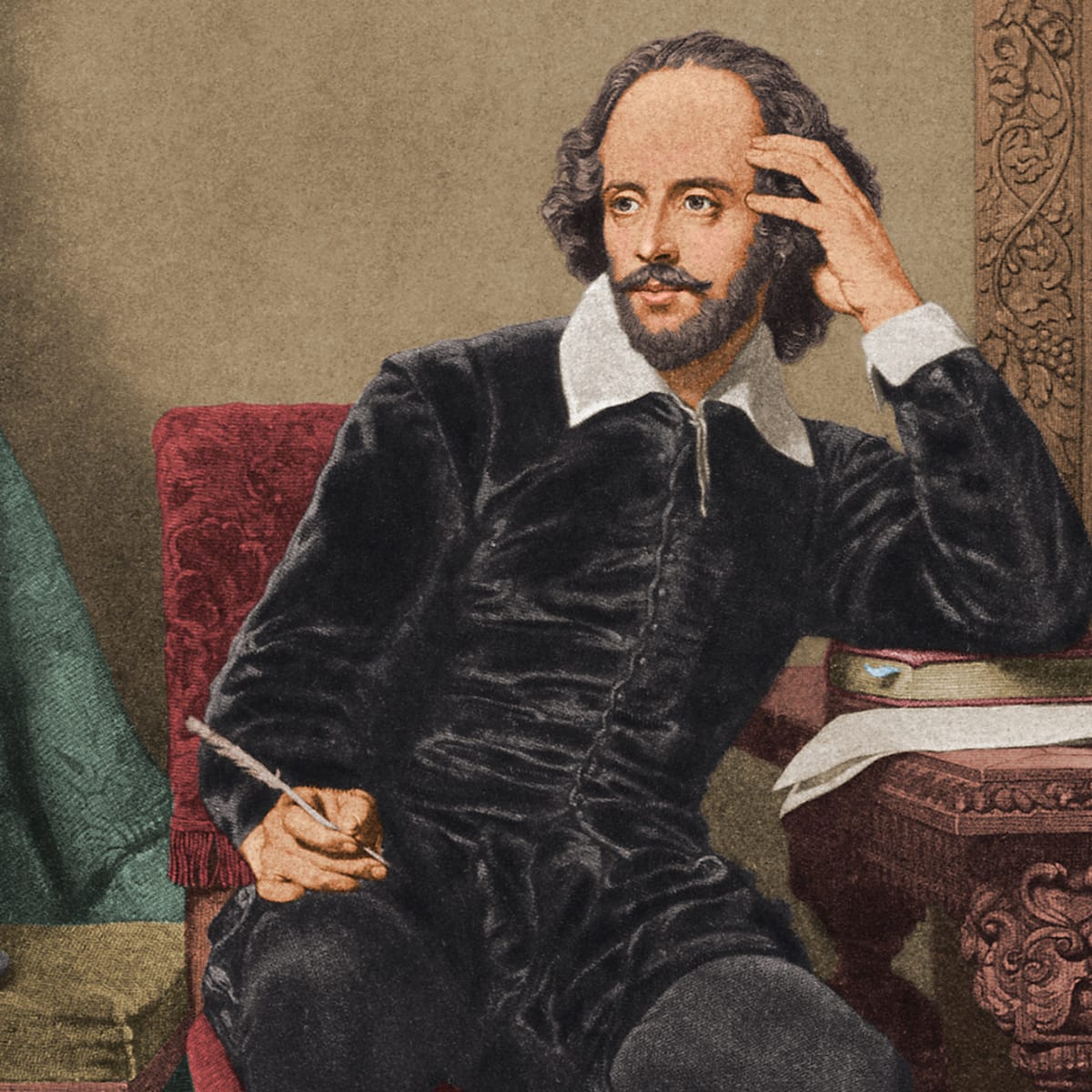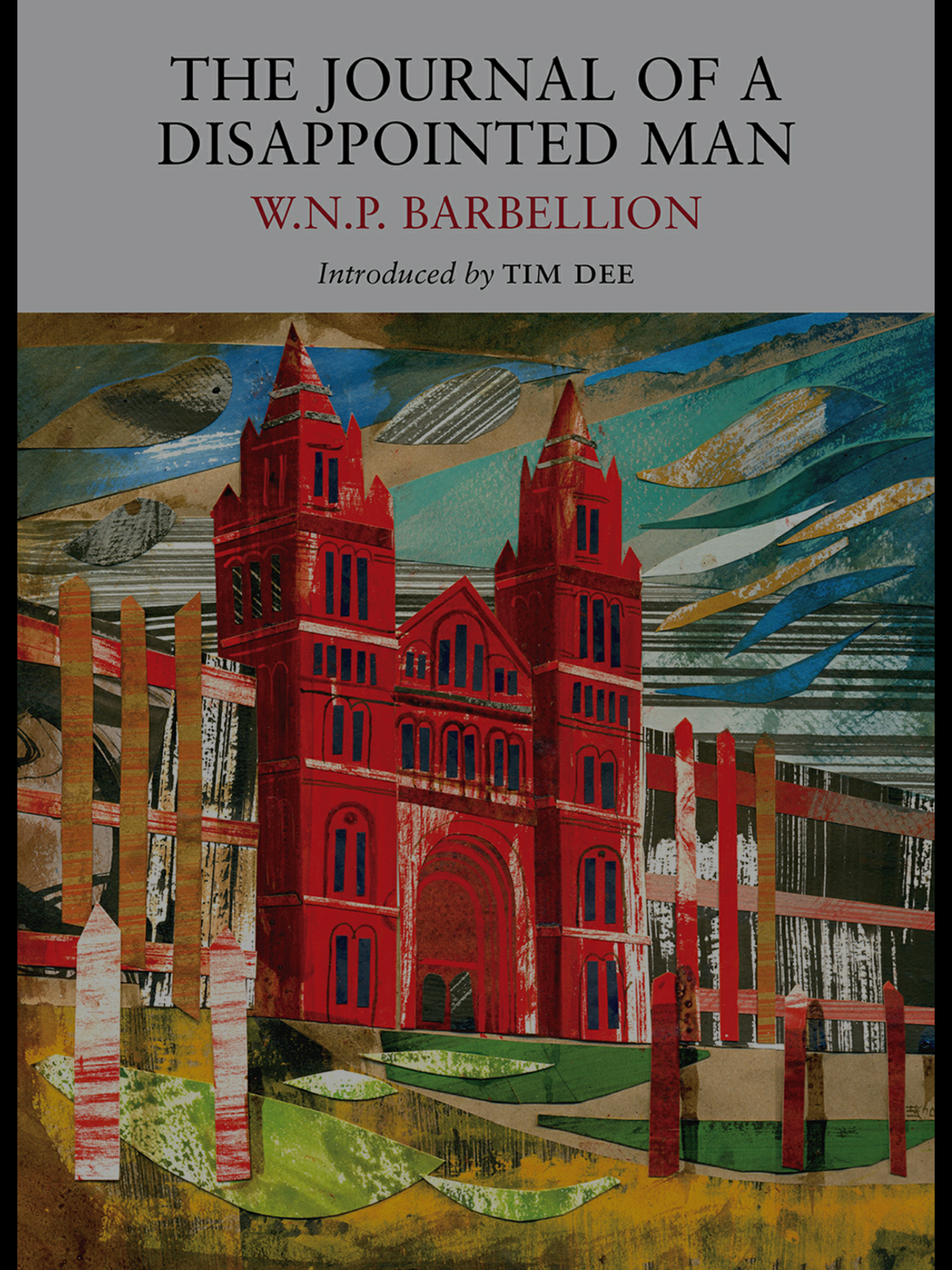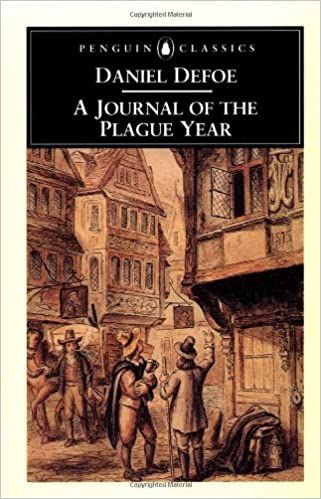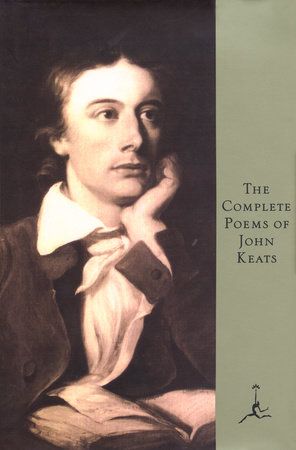Don't Upset ooMalume: A Guide to Stepping Up Your Xhosa Game
Nqandeka writes with an easy familiarity of the Xhosa cultural background showing how the ordinary
They say falling in love makes poets out of everyone. I suspect its people who've never been locked down by a virus who say that. Lying in bed, scared of an invisible invincible virus, makes poets out of most of us also.
I keep trying to imagine how those who came before us survived lockdowns while fearing plagues like the Black Death. Then I recall that Shakespeare was working in London when the bubonic plague surfaced in 1592 and again in 1603, the latter a particularly lethal outbreak that left more than 30,000 city dwellers dead. He wrote three of his most popular plays then, one became the most penetrating writing into the depths of the human spirit written. It was written in mourning for his son, Hamnet, who died from the plague. He titled that melancholic lament for a dead relative Hamlet (the Dutch word and in English interchanged like that).
During the harrowing fog of death in the seventeenth century Daniel Defoe gave the world one of the most fascinating report of human behaviour during a pandemic in The Journal of the Plague Year. It is written in unsurpassable style that brilliantly transposes human anxiety with a flaneurial energy against an invisible enemy that wiped out a third of European population.

In the midst of the most harrowing deaths, during the European inter tribal wars, W.N.P Barbellion, like Shakespeare, probed the depths of human pain to produce what has since been called the anatomy of a human spirit in distress. He makes it tolerable by interchanging sadness with humour, filled with self deprecating introspection, harmless waspish of ironic misanthropic tendencies in The Diary of a Disappointed Man. In its introduction H.G. Wells hailed it as a literary sensation: ‘One of the most remarkable human documents of the generation’, ‘the record of a brilliant youth’, ‘there is fantastic stuff in it’, ‘hectic energy’, ‘abandoned seriousness’. The first sentence of the book gives an idea of what Wells meant by abandoned seriousness: Am writing an essay on the life history of insects and have abandoned the idea of writing on ‘How Cats Spend their Time’. Top that with the fact that his nom de plume is constructed from what he called 'the world's three greatest failures', Wilhelm (Kaiser), Nero and Pilate. And the surname, Barbellion, is pinched from a Portuguese sweatshops name. Writing to his brother, just as the book was being published, he said the pseudonym was 'appropriately inflated and therefore very suitable' for a book that inflates and exaggerates his personal traits and life experiences.
When Barberllion published the book about thirty five million people were dying in the battle fronts of the first world war. He felt guilty he couldn't fight on the fronts because of his weak health. So he did what poets do when feeling hapless, poured his pathos on paper as he watched his own body betray him, crumbling under what he called a virus crawling up and eating my spine (Multiple Sclerosis). By nineteen nineteen, when the war was over, himself dead too young that year--having only just reached his thirtieth birthday--the influenza pandemic had already added about fifty million more coffins on the global death toll of the era, almost half a million of were South Africans reaching up to the rural areas of the Eastern Cape. Most dissapointing to me is the silence of Sol Plaatje who wrote Mhundi, the first South African historical novel written by a black person in Southern Africa. Though he nearly died from the influenza pandemic he didn't see fit to record his thoughts and experiences about it for the sake of literature and progeny. He even dedicated the novel to his daughter whom he lost to the pandemic.

Adjacent WW I dyings that were followed by those of influenza came a great swathe of dying writers from tuberculosis. For a while Barbellion thought he also had it. Oh, how what was then known as the Great Killer mowed them. His favourite poet who also lived a posthumous life by dying too young, John Keats, died of it in 1821. Robert Louis Stevenson had fallen from it in 1894. It collected the good doctor and master of short story genre Chekov in 1904, Katherine Mansfield in 1923, Franz Kafka in 1924, D.H. Lawrence in 1930, and George Orwell succumbed to it in 1950. Many more poor and rich who are not less important for not being poets and writers died also from it. In a way it still has not ceased terrorizing, especially poor communities in Africa, since, like Covid-19, it opportunistically targets those with compromised immune systems.

Defoe's narrator, H.F. in The Journal of the Plague Year tells us that theirs was a world of corpses strewn in streets and pits. Yet he finds numerous moments of humour in his narration, like when in the death-cart a drunken piper wakes up to cry: “But I an’t dead tho’, am I?’ He had woken from his drunken stupor just in time before being thrown into a mass grave with other bodies. H.F. noticed that the plague upended things and made death more overtly embedded in life than we usually grant it to be. Don't we now know that? We too, with Covid-19, feel his anxiety, the trembling and dread as he takes us through the streets of death in London across the centuries. Fear and tremble he knows but the power of curiosity in him is greater than these. He can't help his writer's need to go observe.
I felt this dread the night I spent with police patrolling the streets of Delft and Blue Downs, where more than 200 cases of Covid-19 were discovered after testing supermarket workers. Or at Tygerberg Hospital Covid-19 Floor where, beyond the health workers (the saints of our era), a Catholic priest and I were the only people mad enough to linger around. The priest at least had the compulsions of his vocation. Where was my madness coming from? Only Defoe could understand. I felt him laughing at me across the centuries, beyond the grave.

Sometimes even fear becomes too fearful to be dreadful. The human spirit in writers' intuition now and then probes them to do what they must do even if they may perish sometimes. This is why, throughout history, writers have been dying on the trenches of human warfare to give us the pathos and bathos of being alive in the moments in time of their ages, before those moments disappears into history and eternity. After all there'll always be the next generation to take the baton. And some urges are stronger than self preservation.